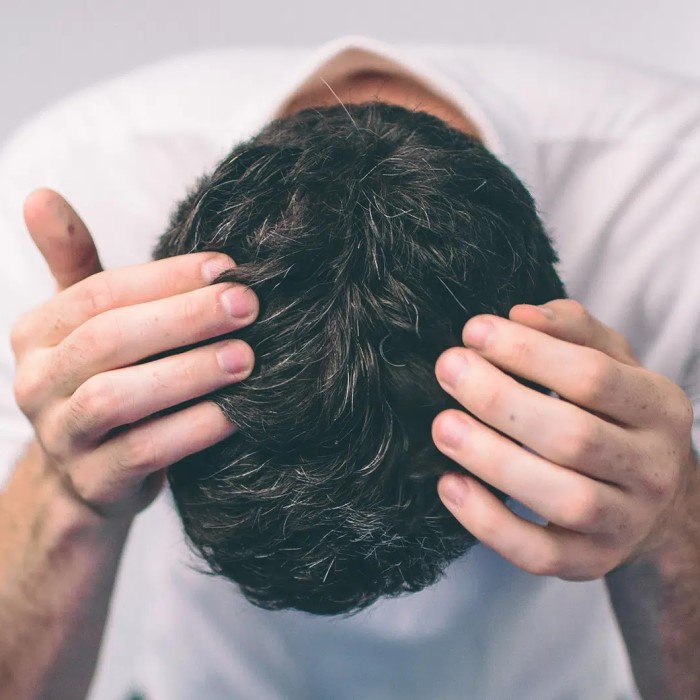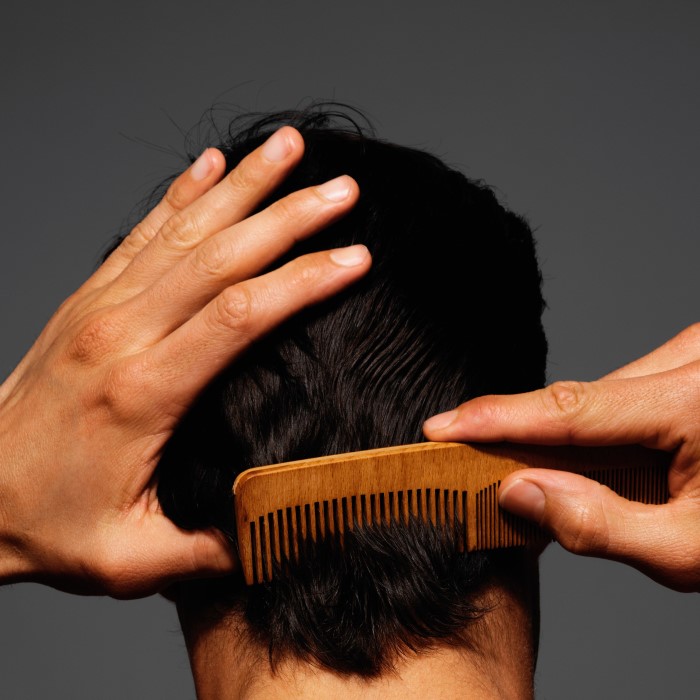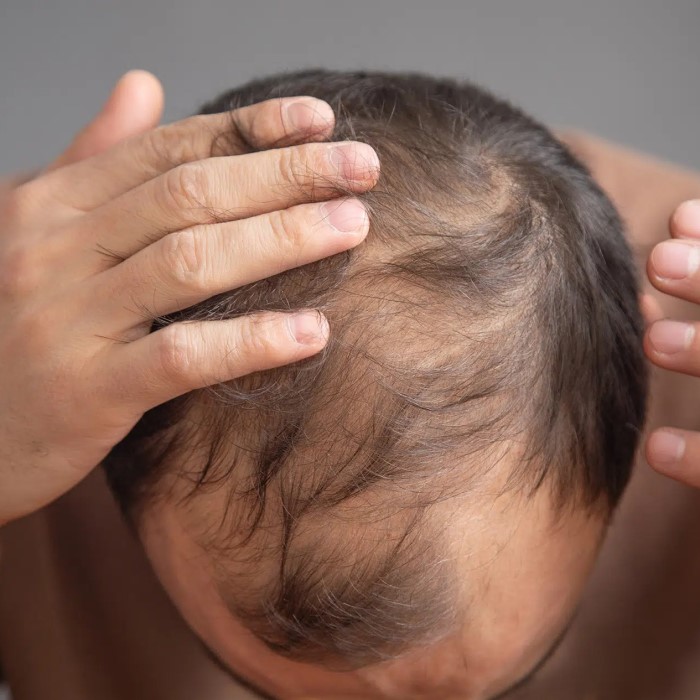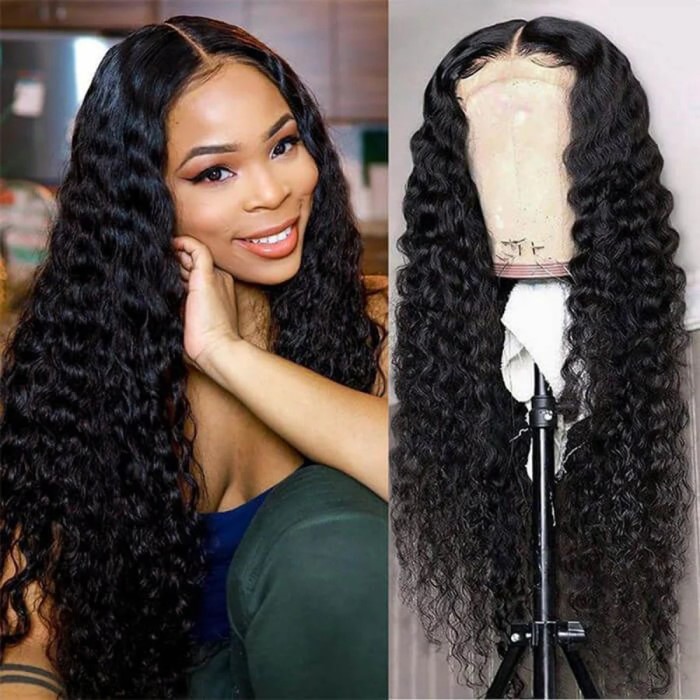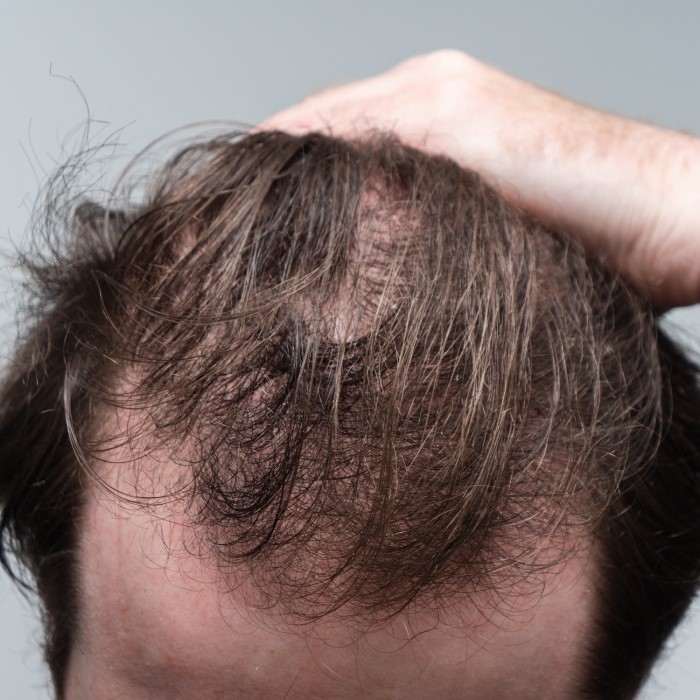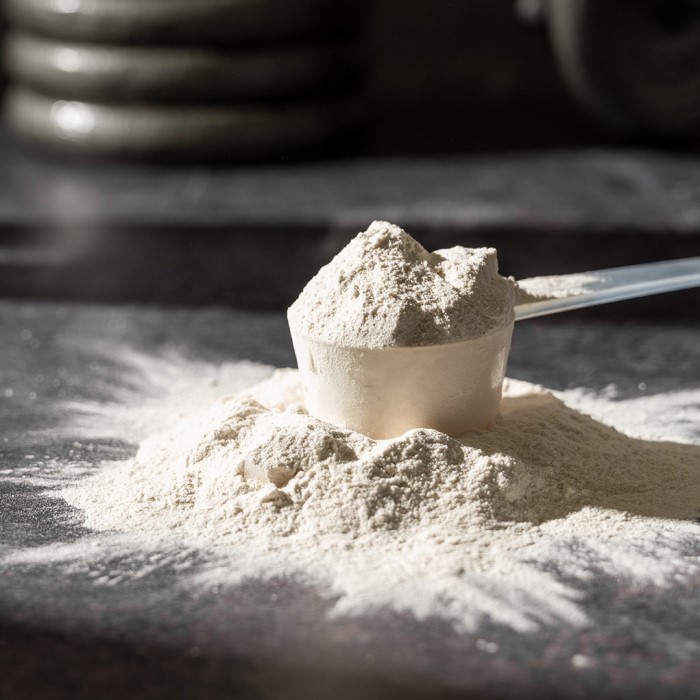
Does Creatine Cause Hair Loss? Myths and Facts Unveiled
Understanding Creatine and Hair Health
Creatine is a popular dietary supplement in the fitness world, often used to enhance athletic performance and muscle mass. Athletes and bodybuilders frequently turn to creatine for its ability to provide quick bursts of energy during high-intensity workouts. However, as its use becomes more widespread, questions about its side effects arise, particularly regarding hair health. One prominent question is: Does creatine cause hair loss? This inquiry leads us to evaluate the existing myths and truths surrounding creatine supplementation.

While creatine has been extensively studied for its benefits in sports and muscle development, the relationship between creatine and hair loss remains less clear. It’s crucial to analyze the scientific data available, the biological mechanisms at play, and the potential impact of creatine on hormones such as DHT (dihydrotestosterone).
Myths Surrounding Creatine and Hair Loss
When discussing the question, “Does creatine cause hair loss?”, it’s crucial to distinguish between myths and reality. Many misconceptions surround the topic, and understanding the facts can help clarify any confusion regarding creatine’s effects on hair health.
Differentiating Myth from Reality
- Common Speculation: Numerous individuals speculate that creatine supplementation can lead to hair thinning or loss. These speculations often arise from anecdotal reports rather than solid scientific evidence.
- Attribution to Hormonal Changes: Many people attribute the potential for hair loss to hormonal changes that might occur during creatine supplementation. This view suggests that altering levels of hormones could indirectly impact hair health.
- Need for Scrutiny: It is essential to analyze these claims critically. While hormonal fluctuations can influence hair loss, direct correlations between creatine and such changes require thorough investigation.
The DHT Connection
A prevalent myth connects creatine supplementation to dihydrotestosterone (DHT), a hormone closely associated with male pattern baldness.
- Myth of DHT Conversion: One of the most common assertions is that creatine causes hair loss by converting to DHT in the body. DHT is known to play a significant role in androgenetic alopecia (male pattern baldness). This theory has gained traction among those looking for explanations regarding their hair loss.
- Lack of Conclusive Evidence: Despite the popularity of this myth, no conclusive research substantiates the claim that creatine directly leads to increased levels of DHT. Most scientific studies do not support a causal relationship between creatine use and hair loss, emphasizing that much of the belief stems from speculation.
- Need for More Research: While certain hormones, including DHT, are indeed associated with hair loss, further research is necessary to explore any potential links between creatine supplementation and alterations in hormonal profiles. Most existing studies focus on the benefits of creatine in enhancing muscle growth and performance but do not explore its implications for hair health.
Focus of Existing Research
The current body of research primarily examines the positive impacts of creatine, underscoring its benefits in various realms.
- Muscle and Performance Benefits: Numerous studies highlight creatine’s effectiveness in improving athletic performance, increasing muscle mass, and enhancing recovery times. These benefits overshadows any investigations into hair health.
- Lack of Hair Health Studies: Specific studies addressing the implications of creatine on hair growth or loss are limited. This gap signals that claims of hair loss linked to creatine may not be grounded in extensive scientific inquiry.
- Need for Scientific Rigor: As the fitness and supplementation community continues exploring creatine’s effects, a need for rigorous scientific investigation into its impact on hair health arises. Such a study could provide clearer insights and either dispel or validate existing fears surrounding the use of creatine.
The Role of DHT in Hair Loss
Dihydrotestosterone (DHT) is an androgen that plays a significant role in hair loss, particularly in men. Elevated DHT levels are associated with androgenetic alopecia, commonly known as male pattern baldness. Some users worry that creatine supplementation may lead to increased DHT production, thereby exacerbating hair loss issues.
Research on this topic has yielded mixed results. While some studies suggest that creatine may influence hormone levels, particularly with resistance training, the magnitude of this effect and its correlation with hair loss remains unclear. More robust scientific inquiries are necessary to substantiate these claims.
Scientific Evidence on Creatine and Hair Loss
Currently, scientific literature provides limited evidence linking creatine to hair loss. A study published in 2009 examined the effects of creatine on hormone levels in college-aged males engaged in resistance training. The results indicated that creatine supplementation may increase DHT levels, but the clinical significance and the long-term impact on hair health are still under debate.
It’s essential to understand that hair loss is a multifactorial issue. Genetics, hormonal balance, nutritional status, and overall health contribute to hair thinning and loss. Therefore, it is unwise to solely attribute hair loss to creatine without considering other influential factors.
The Negatives of Creatine Supplementation
While discussing the potential for hair loss, it is essential to consider the broader context of creatine’s side effects. As with any supplement, users should be aware of the potential downsides of creatine.
Weight Gain
Weight gain is a common experience for many users of creatine supplements, and this can often be a source of frustration.
- Increased Water Retention: One of the primary reasons for weight gain when using creatine is the increased water retention in muscles. Creatine pulls water into the muscle cells, leading to a temporary increase in weight due to this additional water content.
- Impact on Weight Classes: For athletes or individuals aiming to compete in specific weight classes, such as in wrestling or bodybuilding, the weight gain can be particularly discouraging. Staying within a desired weight range is crucial for performance and adherence to competition regulations.
- Temporary vs. Permanent Increase: It’s essential to recognize that this weight gain is generally temporary and does not reflect an increase in body fat. Once creatine supplementation stops, the body typically excretes the excess water, and weight may return to baseline levels.
Digestive Issues
Some individuals may experience digestive disturbances while taking creatine, especially if consumed in higher doses.
- Gastrointestinal Discomfort: Many users report feelings of gastrointestinal discomfort, which can include bloating or nausea. For some, these symptoms can be uncomfortable enough to deter continued use of the supplement.
- Cramps and Diarrhea: Another potential side effect is cramping in the abdominal region, which may occur alongside diarrhea. These symptoms can result from how creatine affects digestive processes, particularly when taken in excessive quantities.
- Moderation is Key: To minimize the risk of digestive issues, it’s typically recommended to start with lower doses and gradually increase as the body adjusts. Maintaining proper hydration can also help mitigate these discomforts.
Kidney Concerns
While creatine is generally regarded as safe for healthy individuals, there are considerations related to kidney health.
- Possible Kidney Strain: Excessive intake of creatine has been associated with increased strain on the kidneys, especially among those who may already have underlying kidney conditions. It is crucial for individuals to monitor their intake and consider the potential long-term effects on kidney function.
- Impact on Individuals with Pre-existing Conditions: For individuals with pre-existing kidney issues, consulting a healthcare professional before beginning creatine is essential. A qualified provider can advise on appropriate usage or recommend alternatives that may be safer.
- Research and Monitoring: Ongoing research continues to evaluate the potential long-term effects of creatine on kidney health. Users should monitor any changes in their body and consult with a healthcare provider if they have concerns.
Muscle Cramps
Muscle cramps are another potential side effect reported by some users of creatine supplements.
- Dehydration Factors: Users often attribute muscle cramps to dehydration, which can occur due to the increased water retention creatine causes. Although muscles hold more water, this may lead to less overall hydration in other body areas, particularly if fluid intake does not keep pace.
- Mitigating Cramps: To help prevent muscle cramps, it is vital to maintain proper hydration levels when using creatine. Increasing water intake before, during, and after workouts can help minimize the risk of cramps while ensuring optimal performance.
- Listening to Your Body: Users should pay attention to their bodies and adjust their creatine intake if cramps persist. Consistent muscle cramps might warrant a reevaluation of dosage or a discussion with a healthcare professional.
By understanding these potential effects of creatine supplementation, users can make informed decisions that align with their health goals and requirements. Balancing the benefits of creatine with awareness of these side effects encourages a more productive and safe supplementation experience.
Is Creatine Powder Bad for Hair?
Creatine powder’s direct effects on hair health continue to prompt questions. As previously discussed, there is insufficient evidence directly linking creatine powder to hair loss. However, it is vital to consider personal experiences and the body’s unique responses. Individuals with a genetic predisposition to hair loss should consult healthcare professionals about potential risks associated with creatine use.
Frequently Asked Questions
Can creatine cause hair loss?
Currently, there is no conclusive evidence linking creatine supplementation directly to hair loss. The relationship between DHT levels and hair health needs more extensive investigation.
What are the negatives of creatine?
Negatives include potential weight gain, digestive issues, muscle cramps, and concerns about kidney health, particularly in individuals with existing medical conditions.
Is creatine powder bad for hair?
There is no scientific backing that supports the notion that creatine powder is bad for hair. However, individual experiences may vary.
Does creatine increase DHT hormone?
Some studies have indicated that creatine may lead to increased DHT levels during resistance training, but the long-term implications for hair loss remain uncertain.
Final Thoughts
As we conclude our exploration into the topic of “Does creatine cause hair loss?” it is evident that more research is needed to clarify the relationship between creatine and hair health. While myths persist, the current scientific literature does not yield definitive proof that creatine leads to hair loss.
For individuals considering creatine supplementation, it is crucial to weigh the benefits against potential side effects. Consulting with healthcare professionals can aid in making informed choices, especially for those with concerns about hair health. Ultimately, every athlete and fitness enthusiast must approach supplementation with a balanced perspective, prioritizing overall health and well-being.
In addressing concerns about hair loss and creatine use, remember to consider the influence of various factors, including genetics and hormone levels. Awareness and education should guide your supplementation journey.
